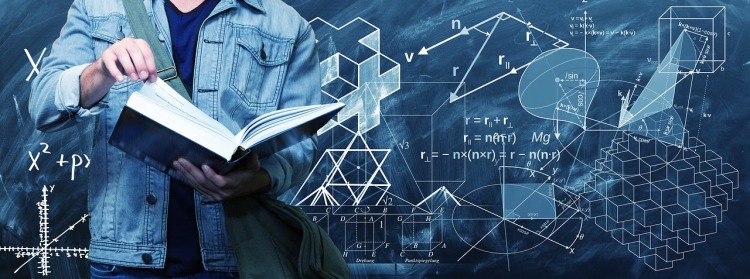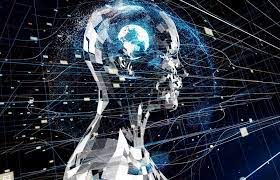Santander World Elite™ Mastercard®: The Perfect Travel Companion
Unveiling the Magic of Clash Royale: A Fresh Take on Mobile Gaming!
How Could Fall Guys Continue Its Success after Selling More than 11 Million Copies on Steam?
PUBG Mobile‘s 3rd Anniversary: Another New Gangster Game from Yotta
About Balance Transfer Basics!
Minecraft Walkthrough
The capability and versatility of Artificial Intelligence (AI) has been developing rapidly. The achievements in some aspects made by computers far outpaced human beings. The trend is unstoppable, which has been having a profound influence on many aspects of our daily life.
But, will mathematician be replaced by computer?
Paul Halmos, a renowned mathematician, considered decades ago that computers had no roles in pure mathematics. Around the same time, Paul Cohen, a well-known logician, indicated that mathematician will be replaced by computer at some future time. No one knows which one of them is right, but it is likely that the truth may lie somewhere between these two extremes: the computer will generate alternative conjectures, and provide examples and counter-examples for the conjectures, while human intuition will decide which candidates are interesting, and should be explored more deeply and which shall not be taken into consideration.
 What is mathematical intuition? Institution is an insight not depending on rigorous reasoning. It guides us to creditable results under the circumstance where there is no proof. It is holistic rather than analytical. It is essential in the course of mathematics creation. But in the end, the result arising out of institution remains a conjecture till a rigorous proof is found. There are many sparkling conjectures calling on some eminent mathematicians to prove them.
What is mathematical intuition? Institution is an insight not depending on rigorous reasoning. It guides us to creditable results under the circumstance where there is no proof. It is holistic rather than analytical. It is essential in the course of mathematics creation. But in the end, the result arising out of institution remains a conjecture till a rigorous proof is found. There are many sparkling conjectures calling on some eminent mathematicians to prove them.
Axiom, Theorem, Proof
Mathematics is often regarded as a deductive science: to make assumptions (axioms) and use the laws of logic to deduce consequences (theorems). But possible theorems are conjectured by induction, wherein intuition, guesswork, trial and error, and experimentation have central roles. It tends to be mechanized proving a theorem by systematically using logical rules; computers are well-suited to implement symbolic manipulations that lead from the initial hypotheses to the conclusion, producing a proof.
However, the best proofs should be based on intuition, imagination and bold breakthroughs. These are far more difficult than executing the blind, plodding rules. On the other hand, computers are able to analyze hundreds of thousands of published proofs (which is far more than any human mathematicians), as well as discovering the mode of reasoning and the successful previous tactics. In the end, this unbelievable power will outshine the limitation of human beings, just as what happened in the fields of Chess and Go.
Theorem Provers
There are two different kinds of computer programs to prove theorems. One is automated theorem provers (ATPs) which perform prodigious computations, crunching out long sequences of logical steps leading from the axioms to the conclusions. Once written, they can work without any human intervention. They have been successful in proving some results. The other is interactive theorem provers (ITPs), which are used by mathematicians to assist in proofs. These proofs require a combination of creative thinking and meticulous mechanical reasoning. An ITP can carry out the laborious tasks, while the mathematician provides the creative insights.

Computers have led to some important progress in mathematics: the four-colour theorem and Kepler’s conjecture both required intensive computation for their proof. But some mathematicians dispute these proofs, as reviewing those calculus programs is beyond human’s capacity. Another difficulty is that computers can generate proofs that are difficult or impossible to understand.
Controversy
There are still some controversies over the role of computers. There is no doubt that computers have played a role in checking proofs and in deciding on the validity of theorems submitted for publication. Many mathematicians are not that enthusiastic about computers, and they incline to the methods they have always been using. Even though they considered that some simple procedures in the process of proofing can be conducted in a mechanized way, they remain doubtful whether computers can generate interesting conjectures or not. They deem that the creativity is the characteristic of human beings fundamentally, which cannot be made in an automated fashion.